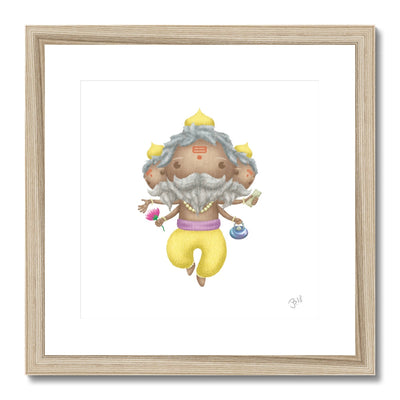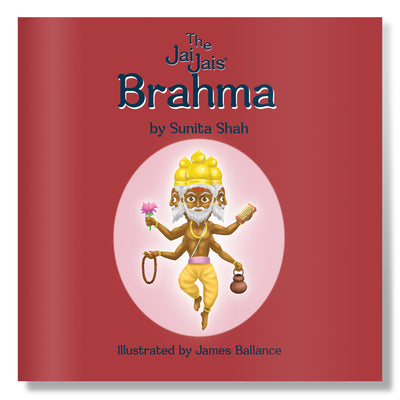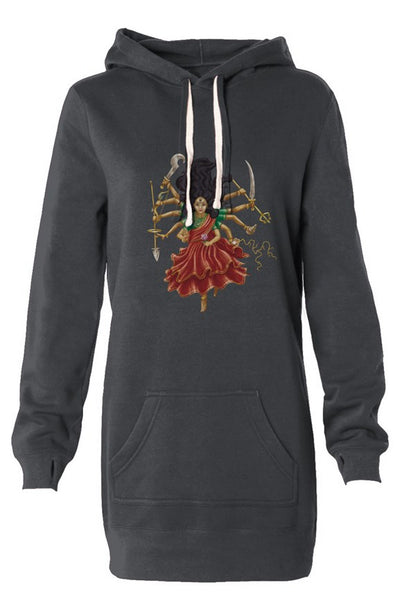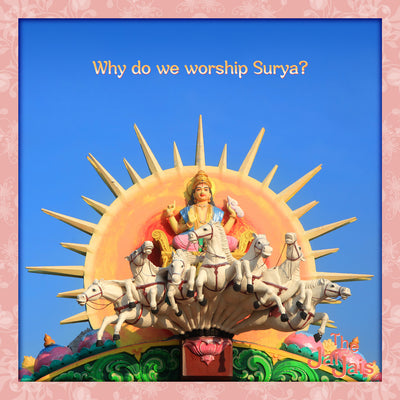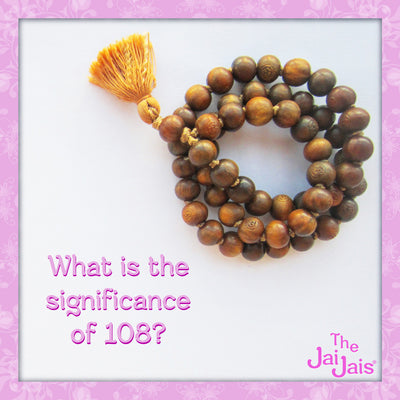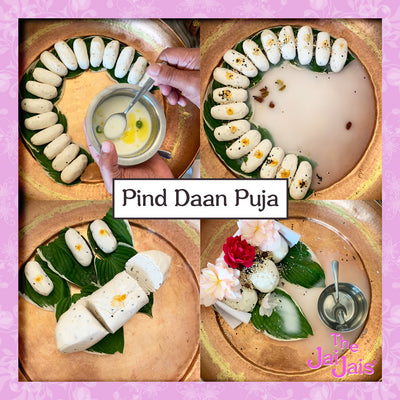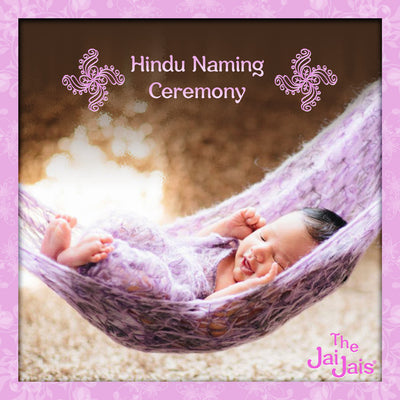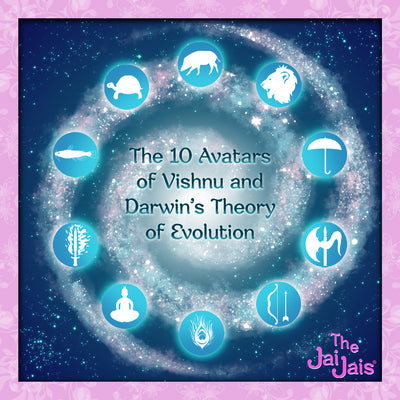Vishwakarma or Vishwakarman (Sanskrit: 'all maker') is a craftsman deity and the divine architect of the gods in Hinduism. Vishwakarma crafted all of the chariots of the gods and weapons including the Vajra of the god Indra. He is also the builder of the god’s palaces. The divine crafts man has four arms wears a crown, with golden jewellery. He holds a water pot, a book, a noose and crafts man’s tools in his hands. In the Regveda he is described as the God with multi-dimensional visions and supreme strength.
He is described as he god of blacksmiths, carpenters, goldsmiths and masons. People who are skilled in crafts. He was known to be the designer of all the flying chariots of their gods and their magnificent weapons. He designed the Vajra the scared weapon of Lord Indra from the bones of sages Agnayestra and Dadichi.
According to Hindu scriptures when Ravana was invited to perform the Grihapravesh ritual of Lord Shiva and Parvati's abode, which was a golden palace designed by Lord Vishwakarma, he was awestruck by the beauty of their home. After the sacred ceremony Shiva asked Ravana to ask anything as per his wish for the donation, Ravana, mesmerised by the beauty and grandeur of the palace, asked for the golden palace itself. Shiva was obliged to accept Ravana's wish, and the golden Lanka became Ravana's abode.
Among the many mythical towns Vishwakarma built is Dwarka, the capital of Lord Krishna. There are stories that also claim it was built overnight. During the time of the Mahabharata Lord Krishna is said to have lived in Dwarka and was the centre of his operation. This is now a popular pilgrimage for Hindus. In the present Kali Yuga Vishwakarma is said to have built the town of Hastinapur, the capital of the Kauarvas and Pandavas, the warring families of the Mahabharata. After winning the battle of Kurukshetra Krishna made Dharmaraj Yudhisthira as the ruler of Hastinapur.
Vishwakarma also built the town of Indraprastha for the Pandavas. Legends tell us about the beauty of Indraprastha. Floors of the palace were so well done that they had a reflection like that of water, and the pools and ponds inside the palace gave the illusion of a flat surface with no water in them.
After the palace was built, the Pandavas invited the Kauravas, and Duryodhan and his brothers went to visit Indraprastha. Not knowing the wonders of the palace, Duryodhan was flummoxed by the floors and the pools and fell into one of the ponds. The Pandava wife Draupadi, who witnessed this scene, had a good laugh! hinting at Duryodhan's father (the blind king Dhritarashtra) "the son of a blind man is bound to be blind." This remark of Draupadi annoyed Duryodhan so much that later on, it became a major cause for the great war of Kurukshetra described in the Mahabharata and the Bhagavad Gita.
He is the personification of creation and the principal architect of the universe.




